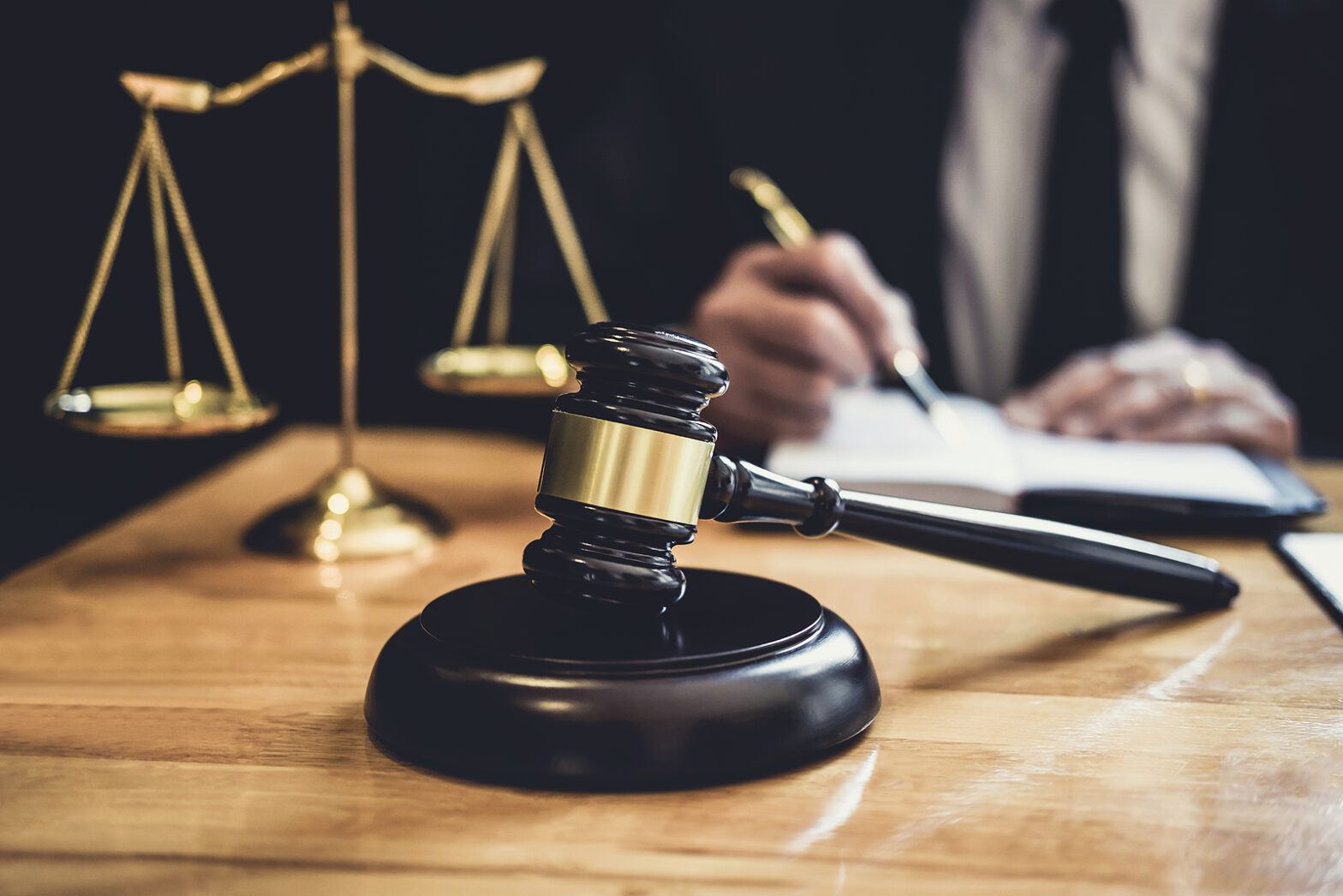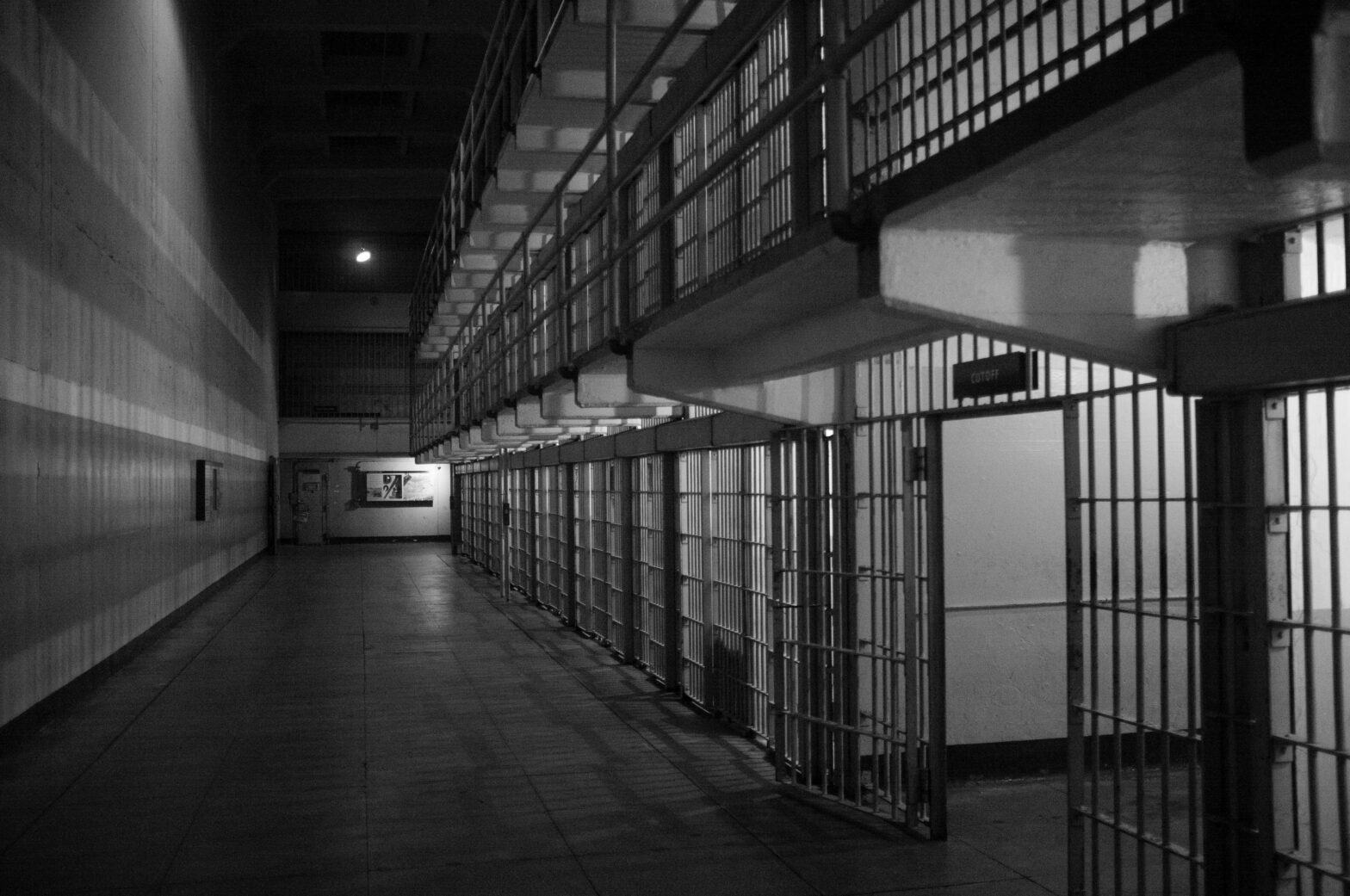 Raise Your Voice, Not Your Fists: A Guide to Lawful Protests
Raise Your Voice, Not Your Fists: A Guide to Lawful Protests
As we’ve seen recently, when a controversial figure or event comes to town, it can cause people to raise their voices in protest. In many cases, though, those protests end in arrests. How can this be in a country where the First Amendment to the Bill of Rights guarantees free speech and peaceable assembly?
Simply put, “free” speech is not an absolute right. California, like many other states, has many laws that curb free speech by limiting where you can speak, when you can speak, and, in some cases, what you can say. That is why you should know how to protest lawfully.
Laws Concerning the Content of Speech in California
Penal Code Section 404.6: Inciting a Riot
The U.S. Supreme Court has generally ruled against laws that regulate the content of a person’s speech. When a law regulates what you say, the court has insisted that the government has a compelling reason for enforcing such a law. In the case of protesting, the government can regulate your speech if what you say is directed to inciting, and is likely to incite, imminent lawless action.1
For example, if a political candidate you hate comes to town, it is illegal to call upon others to riot in order to disrupt his or her campaign rally. Under California Penal Code Section 404.6, it is a crime to urge others to:
- Engage in rioting,
- Commit acts of force or violence, or
- Burn or destroy property
Inciting a riot is a misdemeanor punishable by up to 364 days in county jail and a $1,000 fine.
Penal Code Section 422(a): Criminal Threats
It is not considered a valid exercise of your right to free speech if you willfully threaten – whether by written, verbal, or electronic means of communication – to commit a crime that could result in death or great bodily injury to another person. Such speech is prohibited by California Penal Code section 422(a).

PC 422(a) is a “wobbler” offense, meaning you could be charged with a felony or misdemeanor for this crime. When the offense is charged as a misdemeanor, the punishment is up to 364 days in jail. When charged as a felony, the punishment is up to three years in prison.
Time, Place, and Manner Restrictions
More commonly, people arrested for protesting were not arrested for what they said, but for where they were standing when they said it. Generally, states can regulate speech by enforcing reasonable restrictions on the time, place, and manner of the speech.
If you plan on marching or holding a parade, you should obtain a permit if the march will not stay on the sidewalk or will require street closures. Many permit procedures require that applications be filed with the police department well in advance of the event. However, a permit can often be obtained on short notice if the event is organized in response to an unforeseeable or recent occurrence, such as a protest in response to a breaking news event.
Generally, if you limit your protest to the sidewalk, a public park, or even the steps of a government building, you do not need a permit so long as you are not obstructing vehicular traffic, denying pedestrians the ability to pass by unobstructed, or denying others access to buildings.
What Should I Do If Want to Protest?
There are some steps you can take to minimize your potential legal trouble if you wish to protest.
Plan ahead: If you are making plans to protest, check with your local government about ordinances pertaining to protests. Apply for a permit in advance of the event. The city may designate certain “free speech zones” during the event where people can legally protest.
Bring your ID: Remember, you can be arrested for other violations of the law when you protest. If an officer stops you because you have violated an ordinance, he or she will ask to see your identification. While you have the right to refuse to produce your identification if the request is not reasonably related to the reason you were stopped, the officer may nonetheless decide to arrest you.
Do not resist arrest: If you are arrested while protesting, that arrest may prove later to be unlawful. Your best shot at defending against an unlawful arrest begins with your behavior during that arrest. If you willfully resist, delay, or obstruct a person you know or should reasonably know is a police officer in the performance of his or her duty, you can be charged with violating California Penal Code Section 148. A conviction for obstructing a police officer is punishable by a $1,000 fine and up to 364 days in county jail.
Contact the Attorneys at Wallin & Klarich If You Are Arrested for Protesting
The right to protest is sacred in this country, but you still may find yourself facing criminal charges for doing so. At Wallin & Klarich, our knowledgeable and experienced attorneys have been defending our client’s rights for more than 40 years. Let us help you now.
With offices in Los Angeles, Sherman Oaks, Torrance, Orange County, San Diego, Riverside, San Bernardino, Ventura, West Covina and Victorville, there is an experienced Wallin & Klarich criminal defense attorney near you no matter where you work or live.
Call us today at (877) 4-NO-JAIL or (877) 466-5245 for a free phone consultation. We will be there when you call.
1. See Brandenburg v. Ohio, 395 U.S. 444 (1969). href=”#ref1″>↩

 Raise Your Voice, Not Your Fists: A Guide to Lawful Protests
Raise Your Voice, Not Your Fists: A Guide to Lawful Protests

